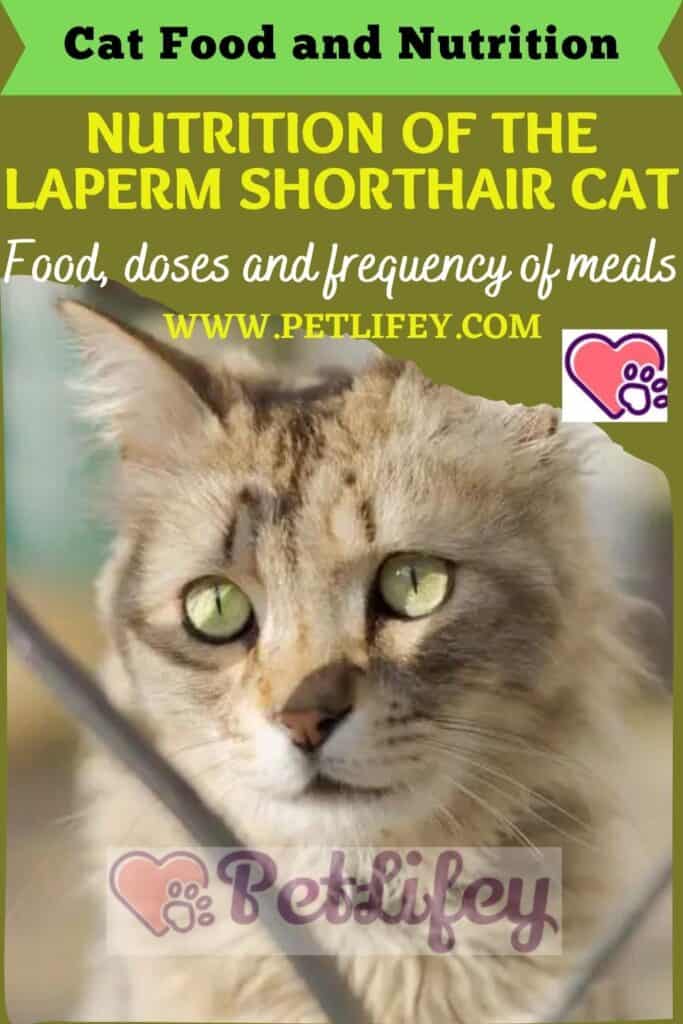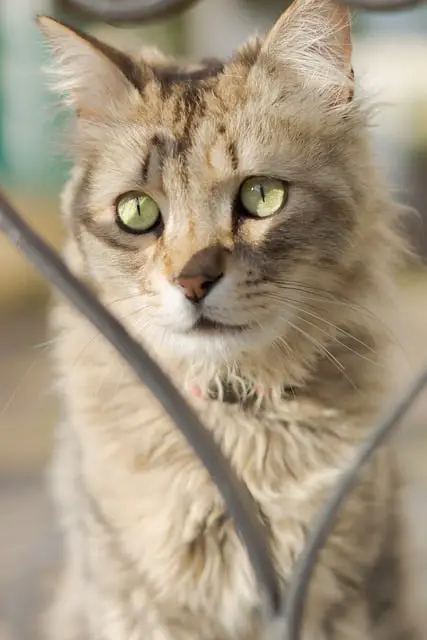
Here’s what to know about the perfect feeding of the LaPerm Shorthair: when and how much to feed the cat, what are the essential nutrients.
Providing healthy, balanced and tasty food is the first way to take care of the health of our beloved four-legged friend. In this article we examine in detail everything related to the nutrition of the LaPerm Shorthair.
Nutrition of the LaPerm Shorthair: quantity and frequency of meals
Knowing how much and when to feed your LaPerm Shorthair is essential to planning the perfect nutrition for your LaPerm Shorthair.
The specimens of this breed are not predisposed to weight accumulation. However, a sedentary lifestyle and poor diet can lead to overweight and obesity in your cat.
The ideal doses of food for the cat are 40 grams for each kilo of body weight for the wet. Once the figure is obtained, it must be divided by 3 in order to obtain the dry ration.
When to feed your pet? Generally, it would be preferable to do it twice a day: once in the morning and once in the evening.
What to feed the LaPerm Shorthair

Finally, to understand what is the perfect diet for the LaPerm Shorthair it is necessary to know the essential nutrients that the cat must take.
Being an obligate carnivore, the diet of this domestic feline must be based on the supply of meat and, to a lesser extent, fish.
In fact, these are foods rich in vitamin B12, cobalamin and niacin: all very precious substances for the well-being of the cat, which its body is unable to produce independently.
For this, it is essential that they are supplemented through the feeding of the LaPerm Shorthair. Ideal foods include chicken, beef, rabbit, salmon, sea bass and anchovies.
How to give them to the cat? You can choose to offer the cat ready-made foods, available on the shelves of supermarkets and specialty stores.
Alternatively, you can prepare meals for your four-legged friend yourself. Regardless of your choice, the watchwords are: freshness, quality and attention to ingredients.
In the case of home nutrition, however, it is advisable to carefully plan which foods and nutrients to administer to the cat. The risk of food shortages, in fact, is very real.
For this, the best advice is to seek the advice of the veterinarian.






